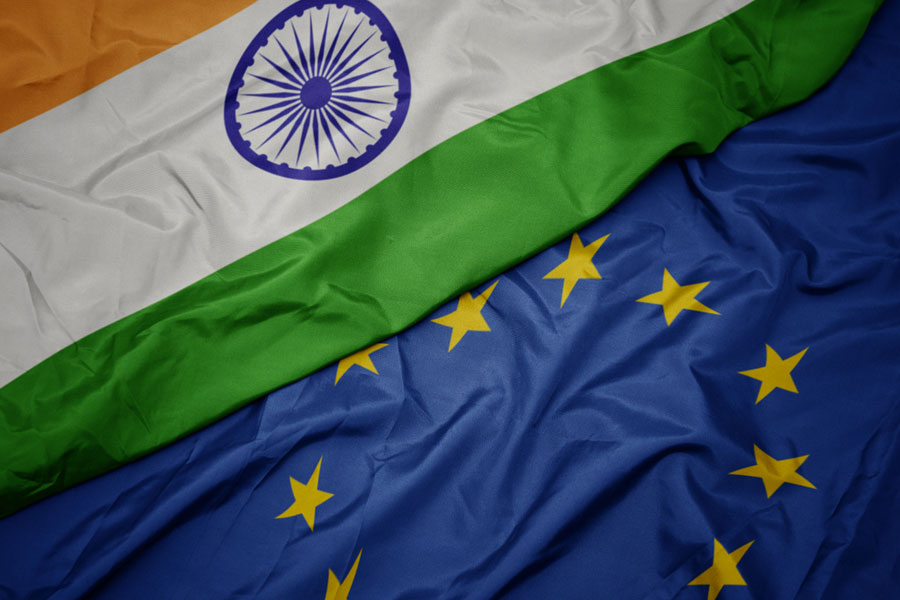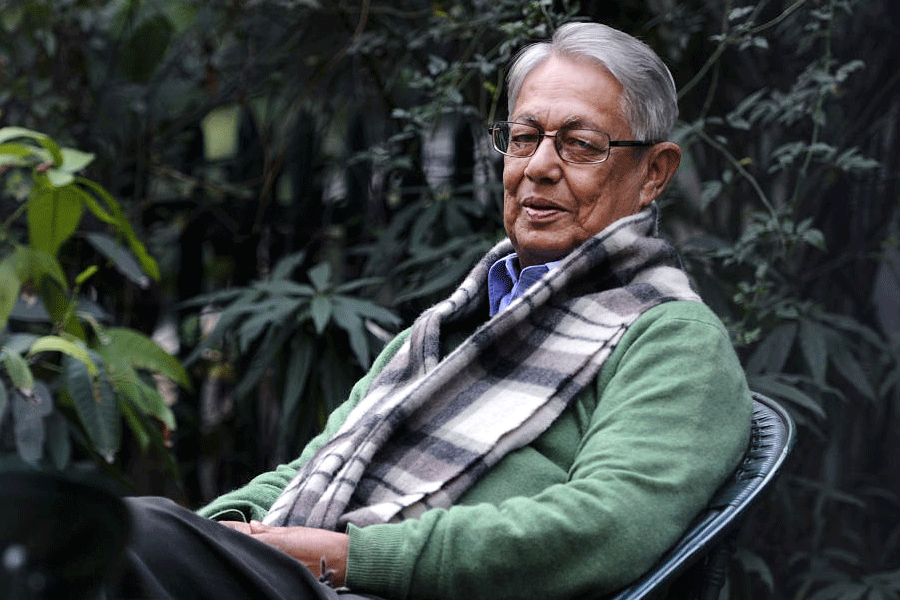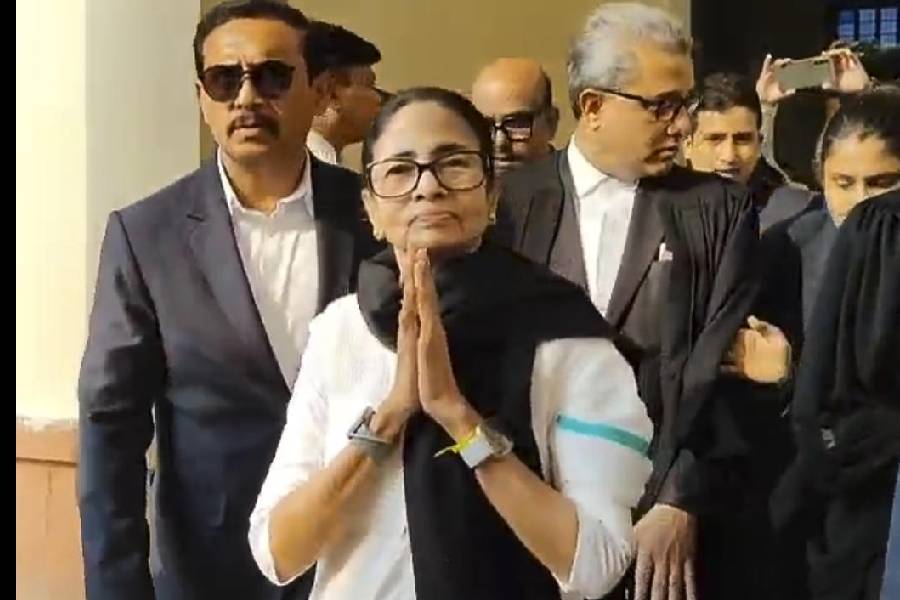India and the European Union are moving closer to a long-awaited trade deal that could finally be clinched by the end of the year, according to Britain’s Financial Times — buoyed by a major win for India after the EU agreed to keep sensitive agriculture and dairy sectors off the negotiation table.
After years of gridlock, the door to a breakthrough finally appears open. But while momentum is building, negotiators still face some tough last-mile discussions.
One huge roadblock has been pushed out of the way: the EU has conceded that India’s politically sensitive agriculture and dairy sectors will remain off the table in the trade discussions.
India remains a juggernaut in global agriculture. It’s not only the world’s top milk producer – churning out over 210 million tonnes a year, more than double the US – but also the largest rice producer, just edging out China.
The exclusion of dairy and agriculture represents a big win for India, where powerful farm lobbies, particularly the dairy giant Amul, have long resisted foreign competition. It was these same groups that helped sink India’s entry into the China-backed RCEP (Regional Comprehensive Economic Partnership) a few years ago.
But it’s not all smooth sailing. The EU is bargaining hard for lower tariffs on alcohol and automobiles, demanding terms that are more favourable than those India granted the UK in its recent free trade pact.
Under the India-UK deal, India agreed to slash tariffs on items like Scotch whisky and gin to 75 per cent from 150 per cent. These duties will be further gradually reduced to 40 per cent over the next decade. But Brussels wants better than that.
Broad agreement has been reached on eight out of 20 “deal chapters,” the Financial Times says. A twelfth round of negotiations is tentatively scheduled to take place in early July, with several thorny issues left to be tackled.
India and the EU first launched talks for a Broad-based Trade and Investment Agreement (BTIA) in 2007. But by 2013, negotiations had collapsed after 16 fruitless rounds. The divide was wide: the EU wanted lower duties on European cars, wines and spirits; India pushed for freer movement of skilled professionals and more access for its services sector. Other friction points included pharmaceutical patents, data privacy, and sustainability rules.
For nearly a decade, the talks were frozen.
The reboot came in 2021, as both sides re-evaluated their strategic priorities. India was looking to broaden trade beyond its traditional partners. The EU, too, was adjusting to Brexit and the breakdown of global trade trust following Donald Trump’s presidency.
Formal negotiations resumed in mid-2022, and this time both sides seem determined to get to the finish line. The EU is already India’s third-largest trading partner.
With Trump now back in the White House and resuming his wholesale assault on the global trading system, the urgency to secure alternative economic alliances – like an India-EU deal – has sharpened dramatically.
European Commission President Ursula von der Leyen flew in February to Delhi, where she met Prime Minister Narendra Modi. The two agreed that a deal should be signed, sealed, and delivered this year itself.
On Monday, Commerce Minister Piyush Goyal met the EU Trade Commissioner Maros Sefcovic in Paris to propel the talks. An EU spokesperson told the Financial Times that while negotiations are scheduled to resume in July, “extensive engagements continue in the meantime.”
Still on the table? European demands for deeper tariff cuts on luxury cars. India currently imposes steep, engine-size-based duties on imported vehicles.
While India and the EU have yet to agree on auto tariffs, the UK-India trade deal – under which duties on a limited number of high-end British cars were slashed to just 10 per cent from over 100 per cent using a quota system – offers a pointer to the kind of compromises India may be willing to make.










